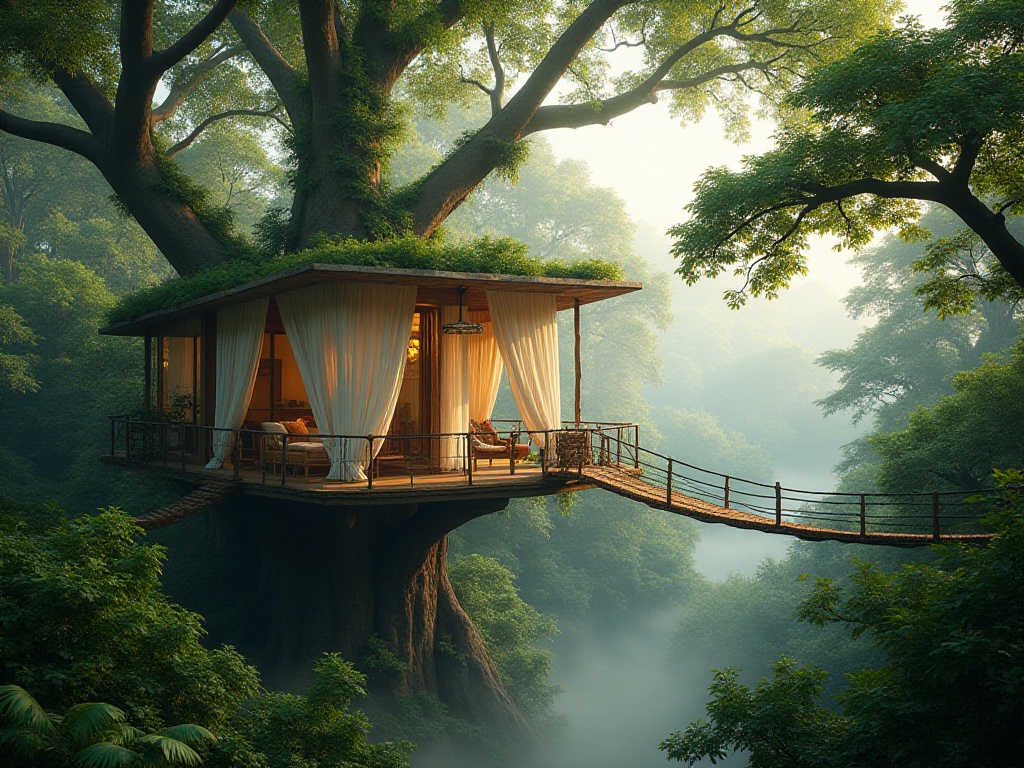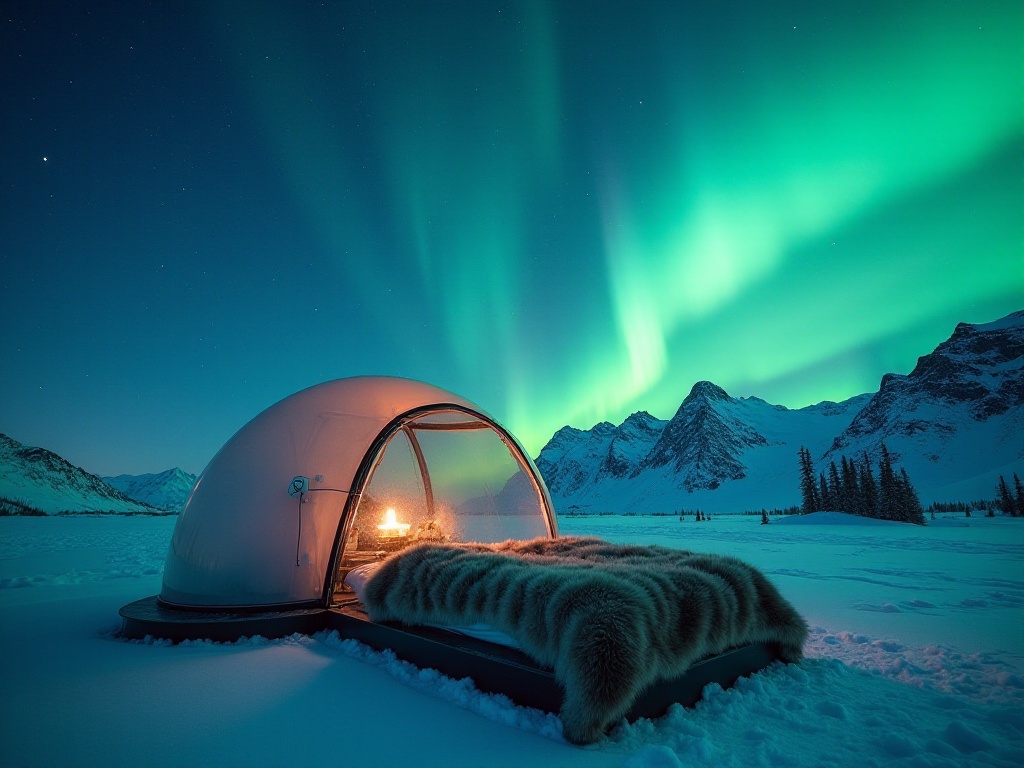
Opening Remarks
Hello everyone, today I want to discuss a topic I'm particularly passionate about - a comprehensive review of global accommodation facilities. As a travel expert who has been exploring the world for over a decade, I've stayed in countless different types of accommodations. From the ultra-luxurious seven-star Burj Al Arab in Dubai to a 50-rupee-per-night budget hostel by the Ganges in Varanasi, from innovative space-efficient capsule hotels in Japan to luxury safari tents on the African savanna, I can say my accommodation experiences have covered every tier and type. These years of stays have given me deep insights and unique perspectives on global accommodation facilities.
Traditional Choices
When it comes to accommodation, hotels are the first thing that comes to many people's minds. This traditional and mainstream choice indeed dominates the global accommodation market. The global hotel market size reached $570 billion in 2022 and is expected to exceed $800 billion by 2027. Behind this enormous market size lies the rigid demand from hundreds of millions of business and leisure travelers.
Speaking of global hotel chains, Marriott, Hilton, and InterContinental are household names. These hotel groups provide unified service experiences globally through strict brand standardization management. For instance, Marriott alone has over 30 sub-brands, from the luxury Ritz-Carlton to the economy-class Courtyard, covering almost every market segment. The top ten hotel groups globally have over 6.7 million rooms in total, reflecting the massive accommodation demand driven by global mobility.
When it comes to economy chain hotels, we must mention brands like Home Inns, 7 Days, and Hanting, which are booming in China. While these hotels may have simple facilities, they are clean, affordable, and widely available, meeting mass-market accommodation needs. Especially in second and third-tier cities, these economy chain hotels are often the first choice for business travelers.
Motels might be less common in China, but in a vast automobile nation like the United States, they have deep cultural roots. Since the 1950s, motels have evolved alongside American road trip culture. The US currently has over 50,000 motels with annual revenues exceeding $40 billion. These roadside motels not only provide convenient accommodation but also carry Americans' collective memories.
It's worth noting that these traditional accommodation options have been keeping up with the times. Many chain hotels have introduced membership points programs, providing personalized services to regular guests through big data analysis. Some hotels have even developed dedicated apps where guests can directly open doors, adjust room temperature, and book room service.

Unique Experiences
While traditional hotels are reliable, boutique hotels might be more appealing to young people seeking personalized experiences. The global boutique hotel market is growing at an average annual rate of 8.2%, reflecting consumers' pursuit of unique accommodation experiences.
The Japanese-style boutique hotel I stayed at in Kyoto last year left a deep impression on me. This hotel called "Kyoto Tsukikage" is located in a small alley near Gion and was converted from a century-old machiya. The hotel has only 8 rooms, each with a unique theme design. I stayed in the "Moon-viewing" themed room, which had a moon-viewing platform where you could soak in a private bath while admiring the moon at night - simply incredible. Although it costs 70,000 yen per night (approximately 3,500 RMB), the occupancy rate remains above 90% year-round.
Another notable unique accommodation is the treehouse hotel. I stayed one night in the "Mirror Cube" at Treehotel in Sweden, where the entire room was wrapped in mirror material, perfectly blending into the surrounding forest environment. The room was suspended 10 meters above ground, and lying in bed at night gazing at the stars, or waking up to morning forest mist, that feeling of being one with nature is truly indescribable.
Rural guesthouses have also become particularly popular in recent years. In Tuscany, Italy, I stayed at a boutique inn converted from a farm. The owners preserved the century-old house's exterior while renovating the interior into modern comfortable rooms. Most uniquely, they maintained their olive grove and vineyard, allowing guests to participate in olive picking and wine-making activities. Breakfast uses all organic ingredients grown on-site, with homemade bread, jam, and honey. This kind of deep immersion in local lifestyle is exactly what young people aspire to experience today.
Ice hotels, yurts, Native American tepees... these exotic specialty accommodations are becoming increasingly popular. In Lapland, Finland, I spent a night in a glass-domed ice hotel, watching the Northern Lights while lying in a warm bed - truly an unforgettable experience. While these specialty accommodations might not match luxury hotels in terms of hardware facilities, they offer unique cultural experiences and memorable moments.
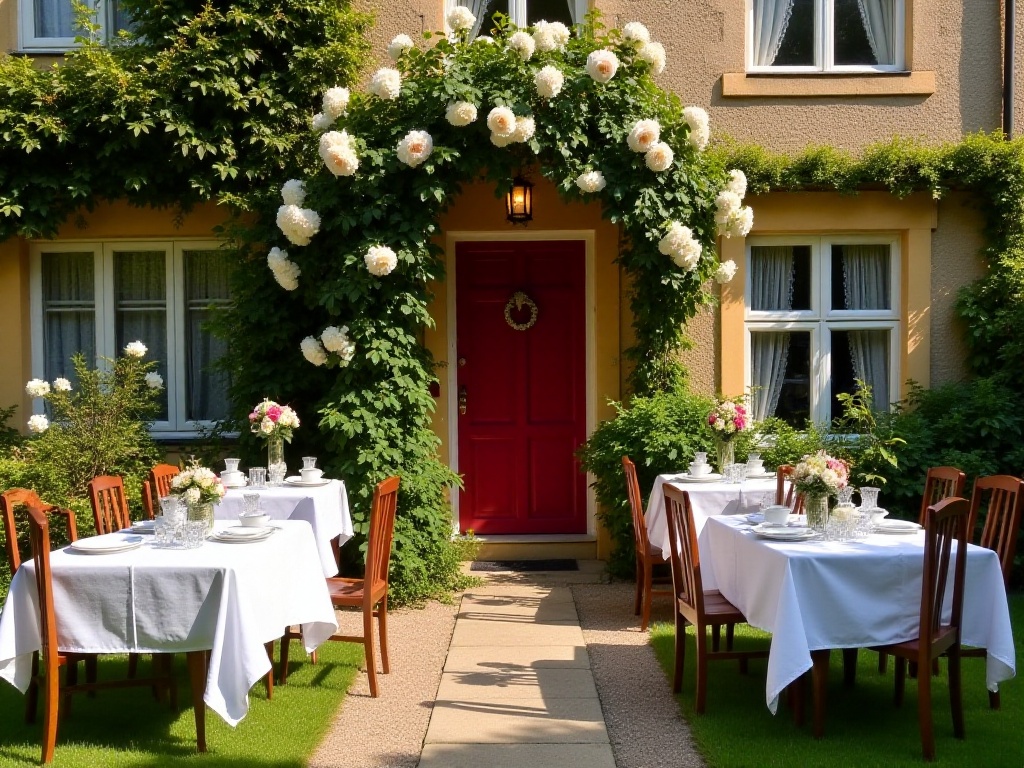
Educational Sector
When it comes to educational accommodation facilities, it's not just simple student dormitories anymore. Today's college students have increasingly high demands for living conditions, which has driven the upgrade and renovation of campus housing facilities.
Taking top universities in Europe and America as an example, investment in student housing facilities has increased by nearly 60% over the past decade. I visited Cambridge University's newest student apartment project, which cost £120 million. This project not only pursues environmental protection and energy efficiency in architectural design, but also has quite luxurious internal facilities. Each floor has a communal kitchen and lounge, the basement has a fully equipped gym, and there are music rooms, meditation rooms, study rooms, and other public spaces. Single rooms in student dormitories exceed 20 square meters, equipped with private bathrooms and kitchenettes, more comfortable than many hotels' standard rooms.
Student housing at American Ivy League schools is equally impressive. Yale University's residential college system, for example, is arguably the most distinctive in America. Each residential college is like a small community, with dining halls, libraries, and sports facilities in addition to student dormitories. The colleges regularly host various activities such as formal dinners, book clubs, and concerts, which are important parts of students' extracurricular life.
Off-campus student apartments are also worth noting. In London, for example, average student apartment rent reached £320 per week in 2023, up 45% from five years ago. While this rent level might not seem particularly high in an international metropolis like London, it's indeed a significant financial burden for students. However, these modern student apartments do provide excellent living experiences. I visited a student apartment project in London that offers standard single and double rooms, as well as shared apartment options. The apartments are equipped with study rooms, gyms, game rooms, laundry facilities, and even 24-hour front desk service and security systems.
In Asia, Japan's student dormitory system is also unique. Besides traditional school dormitories, many universities collaborate with private enterprises to build "student halls." These halls are typically located in convenient locations, offering single or double rooms, and are equipped with cafeterias, bathrooms, study rooms, and other public facilities. Some halls even provide value-added services like language exchange and career counseling to help students improve their comprehensive abilities.
It's worth mentioning that with the increasing number of international students, accommodation facilities specifically for international students are constantly emerging. These facilities usually consider international students' special needs, such as providing bilingual services, prayer rooms, and international kitchens. In Australia, I visited a student apartment specifically for Chinese international students, which not only had Chinese-speaking staff but also equipped the communal kitchen with rice cookers and woks.
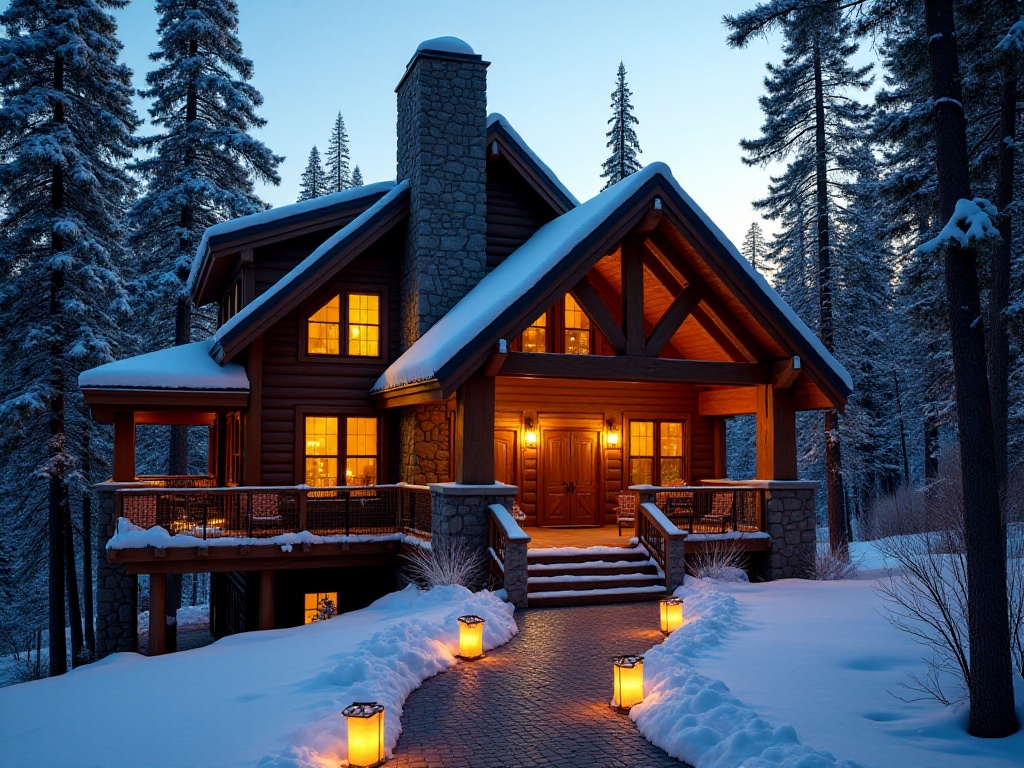
Deep Thoughts
Looking at the development of global accommodation facilities, we can observe some interesting trends and phenomena. First is the rise of personalized demands. Modern people are no longer satisfied with standardized accommodation experiences but seek distinctive accommodations that reflect personal taste and lifestyle. This explains why boutique hotels and themed guesthouses are becoming increasingly popular.
Second is the deepening of technology empowerment. Smart locks, voice control systems, and robot servants are just the beginning, with many high-end hotels now experimenting with more cutting-edge technology applications. For example, using IoT technology for smart room control, artificial intelligence for energy optimization, and big data analysis for personalized services. According to statistics, global hotel technology investment reached $28 billion in 2023, and this number is still growing rapidly.
Sustainable development is also an important trend. More and more accommodation facilities are starting to focus on environmental protection and energy conservation, adopting renewable energy, reducing disposable items, and promoting green buildings. In the Maldives, I stayed at a resort powered entirely by solar energy, which even established its own seawater desalination system and organic farm, truly achieving self-sufficiency.
The development of the sharing economy is also reshaping the accommodation industry. The rise of short-term rental platforms has brought more private residences into the accommodation market, not only enriching accommodation choices but also creating additional income for homeowners. In Barcelona, I stayed in a sea-view apartment through a short-term rental platform, where the host was a retired artist who not only decorated her home artistically but also recommended local art exhibitions and concerts to guests. This kind of personalized experience is difficult for traditional hotels to provide.
The process of globalization is also driving the development of accommodation facilities. From business professionals to backpackers, from international students to digital nomads, cross-border movement of different groups brings diverse accommodation needs. This also promotes continuous innovation in the accommodation industry, developing new business formats and service models.
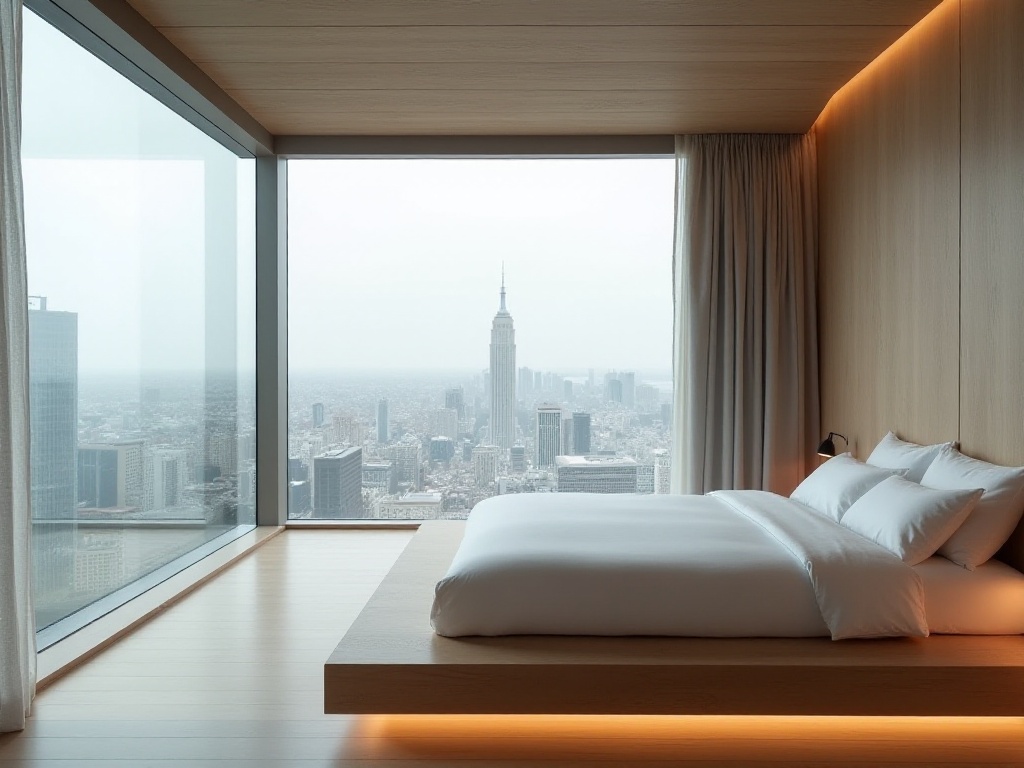
Future Outlook
Looking ahead, the accommodation industry will see more innovation and changes. The development of metaverse technology might bring entirely new accommodation experiences. Some hotels have already started experimenting with virtual reality technology, allowing guests to experience scenery and culture from around the world right in their rooms. Imagine being able to stroll through Paris streets or dive into Maldivian underwater worlds while lying in bed - isn't that cool?
The application of artificial intelligence and robotics will become more widespread. From automated check-in to smart room service, from personalized recommendations to predictive maintenance, AI will play an increasingly important role in improving service efficiency and customer experience. In Japan, there are already hotels fully operated by robots, and while this might seem novel now, it could become the norm in the future.
Sustainable development will continue to deepen. Zero-carbon hotels and eco-lodges are no longer just buzzwords but inevitable industry trends. More accommodation facilities will adopt environmentally friendly materials, renewable energy, and promote green operation models. In Sweden, I visited a treehouse hotel claiming "zero carbon footprint," showing respect for the environment in everything from building materials to daily operations.
Health and wellness will also become important themes. More accommodation facilities will incorporate health elements, such as fitness facilities, organic dining, and meditation courses. In Bali, many yoga resorts already combine local culture to provide holistic wellness experiences.
The concept of shared spaces will further develop. From co-working to co-living, more people will choose this type of accommodation that both reduces costs and promotes social interaction. In New York, I visited a "co-living community" that not only had private bedrooms but also shared living rooms, kitchens, and workspaces, where residents could cook together, watch movies, and host parties, creating a great community atmosphere.
Finally, I believe future accommodation facilities won't just provide a place to sleep but will create a living experience. As an industry expert said: "We're not selling rooms, we're creating experiences." Whether for business travel or leisure vacation, people increasingly value the experience and feelings during their stay. Those accommodation facilities that can provide unique experiences and create beautiful memories will have an advantage in the future market.
What do you think? Feel free to share your accommodation experiences and thoughts in the comments. Next time, we'll discuss the ten most unique boutique hotels globally, remember to follow.
Next
Budget-Friendly Hostels in Southeast Asia: A Solo Traveler's Guide
Ah, Southeast Asia! The land of vibrant street markets, ancient temples, and pristine beaches. But for the solo traveler, it's so much more – it's a playground of self-discovery, cultural immersion, and unforgettable connections. And at the heart of this solo adventure? Hostels, my friends. These budget-friendly havens are the unsung heroes of the backpacker trail, offering not just a place to rest your head, but a launchpad for epic journeys.
From Hostels to Luxury Hotels: A Backpacker's Global Accommodation Guide
A comprehensive guide to accommodation options, covering traditional hotels, boutique hotels, B&Bs, self-catering units, as well as specialty lodging like mountain cabins, resorts, and alternative options including home exchange and work exchange programs
The Great Escape: Hotels Bask in Summer's Radiant Glow
In a world once silenced by the echoes of empty lobbies and vacant rooms, a new symphony of rolling luggage and excited chatter is rising. The hotel industry, long battered by the storm of a global pandemic, is finally seeing the sun peek through the clouds. As we stand on the precipice of a travel renaissance, local hotels are witnessing a surge in occupancy rates that's nothing short of miraculous.
Next
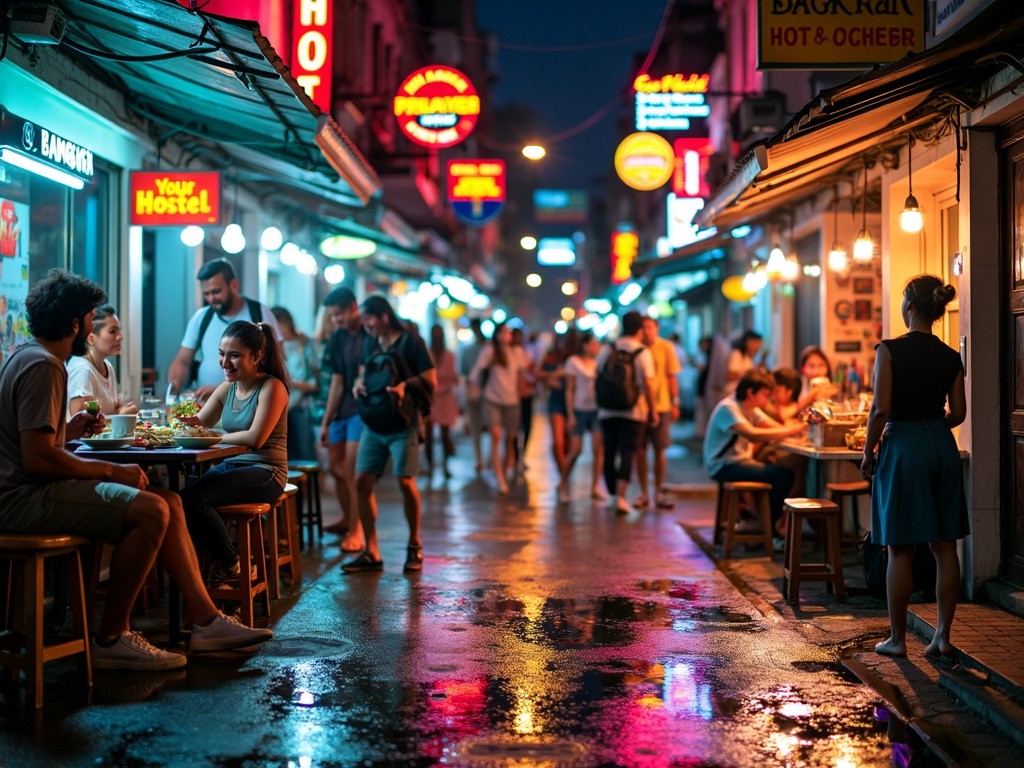
Budget-Friendly Hostels in Southeast Asia: A Solo Traveler's Guide
Ah, Southeast Asia! The land of vibrant street markets, ancient temples, and pristine beaches. But for the solo traveler, it's so much more – it's a playground of self-discovery, cultural immersion, and unforgettable connections. And at the heart of this solo adventure? Hostels, my friends. These budget-friendly havens are the unsung heroes of the backpacker trail, offering not just a place to rest your head, but a launchpad for epic journeys.
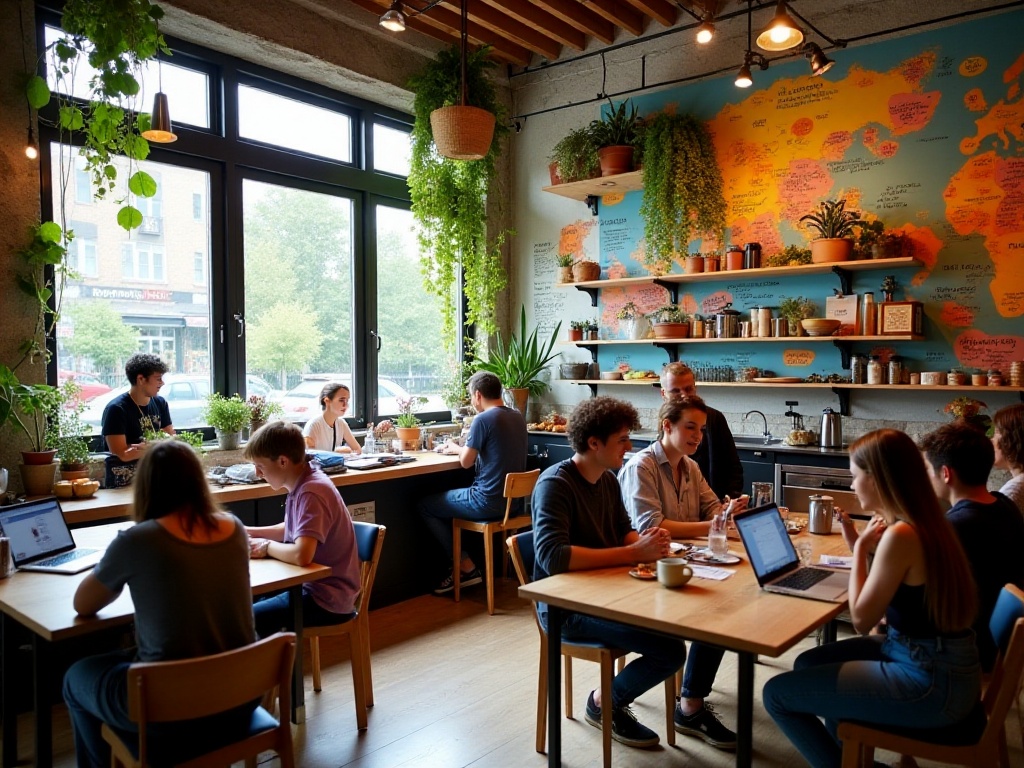
From Hostels to Luxury Hotels: A Backpacker's Global Accommodation Guide
A comprehensive guide to accommodation options, covering traditional hotels, boutique hotels, B&Bs, self-catering units, as well as specialty lodging like mountain cabins, resorts, and alternative options including home exchange and work exchange programs
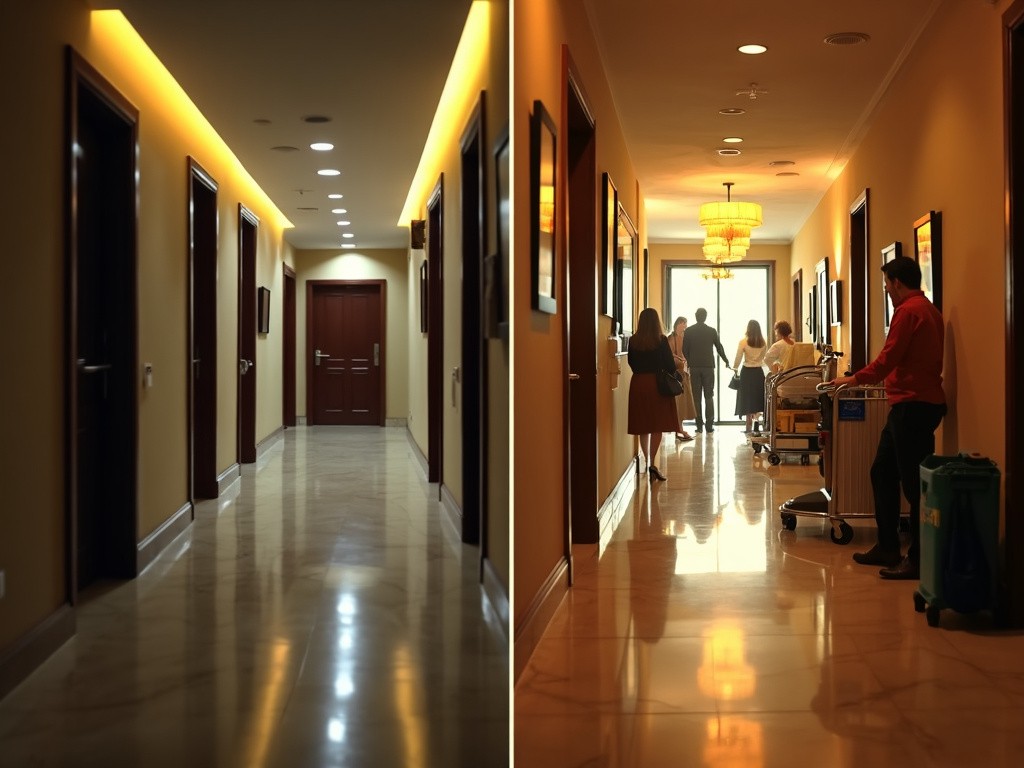
The Great Escape: Hotels Bask in Summer's Radiant Glow
In a world once silenced by the echoes of empty lobbies and vacant rooms, a new symphony of rolling luggage and excited chatter is rising. The hotel industry, long battered by the storm of a global pandemic, is finally seeing the sun peek through the clouds. As we stand on the precipice of a travel renaissance, local hotels are witnessing a surge in occupancy rates that's nothing short of miraculous.

